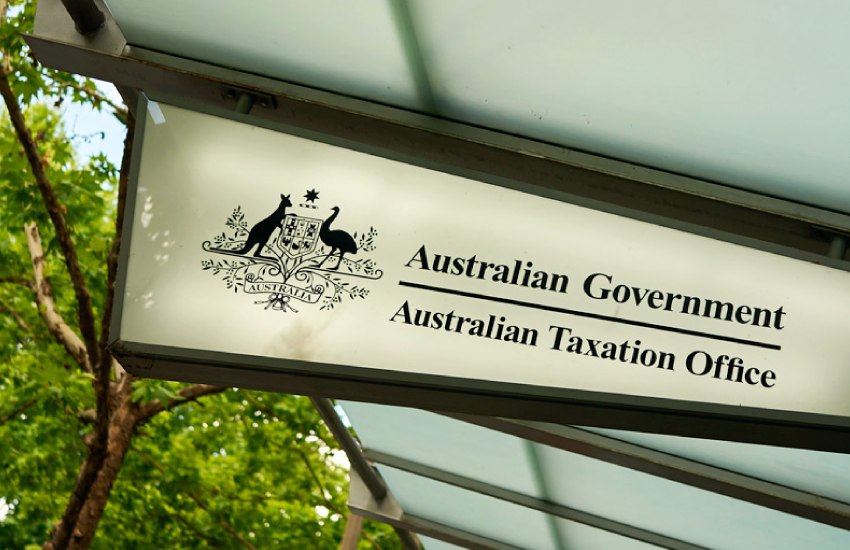Taxation Ruling TR2018/5, was released in its final form following TR2017/D2 and sets the Commissioner of Taxation’s position and the principles governing when a foreign incorporated company will be considered a resident in Australia for tax purposes.
The ruling sets out how to apply the central management and control test of corporate residency, with draft Practical Compliance Guideline PCG 2018/D3 also released to apply the principles set out in the ruling.
You’re out of free articles for this month
The new approach on the central management and control (CMAC) test sets out that if a company has its CMAC in Australia, it will be taken to carry on a business in Australia as result.
“If you’ve got a company that’s carrying on a trading business and if all you do is exercise central management control of that company in Australia but it has no trading operations in Australia, the old ruling said that company would not be treated as an Australian resident but now they are saying that is no longer the case,” Deloitte partner Mark Hadassin told Accountants Daily.
“The exercise of CMAC is itself the carrying of business and so those companies would now be Australian residents under the new guidance.”
The ruling applies from 15 March 2017, and Mr Hadassin believes it will have the potential to treat a significant number of foreign incorporated companies as Australian tax residents.
“They might have to change their corporate governance arrangements if they can or they risk these entities becoming Australian resident entities and taxed on their worldwide income,” said Mr Hadassin.
“How do they make sure they are not exercising CMAC in Australia? That in itself is not necessarily an easy thing to achieve — you need to have the right people, local boards, exercising authority and how practical is that for an Australian multinational to achieve?
“The ruling does [explain what CMAC is] pretty well and I think it is consistent with the law in that aspect and the ATO’s information is relatively clear and not controversial but the harder question is where is that control exercised and by who and that’s where a lot of uncertainty creeps in.”
This email address is being protected from spambots. You need JavaScript enabled to view it.
Jotham Lian
AUTHOR
Jotham Lian is the editor of Accountants Daily, the leading source of breaking news, analysis and insight for Australian accounting professionals.
Before joining the team in 2017, Jotham wrote for a range of national mastheads including the Sydney Morning Herald, and Channel NewsAsia.
You can email Jotham at: This email address is being protected from spambots. You need JavaScript enabled to view it.

 Login
Login







